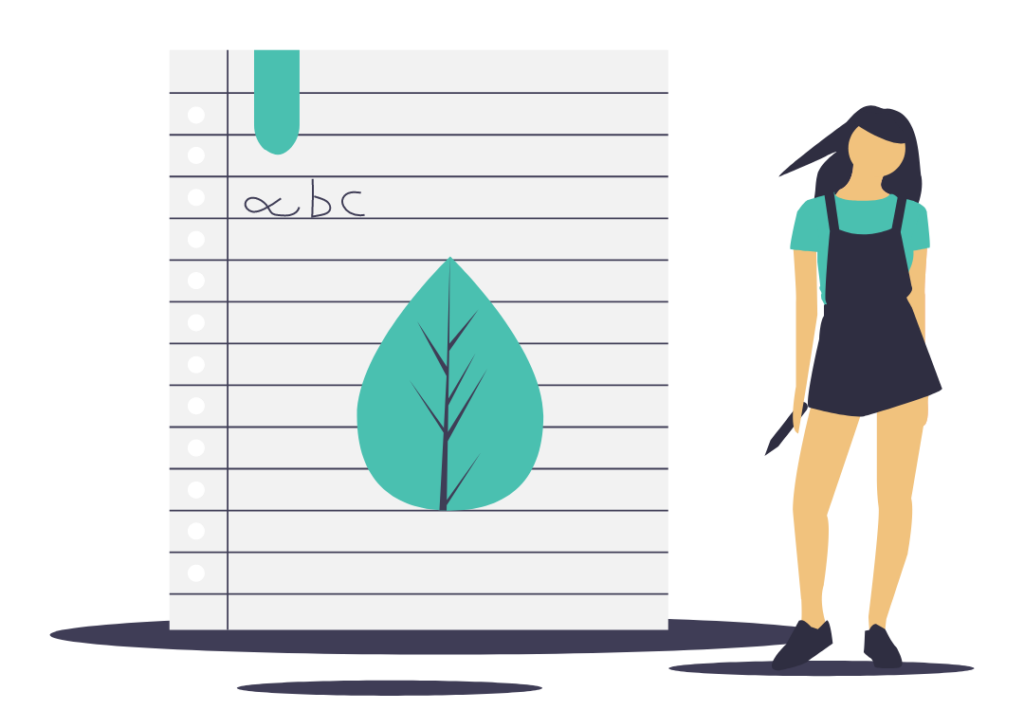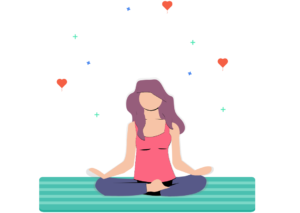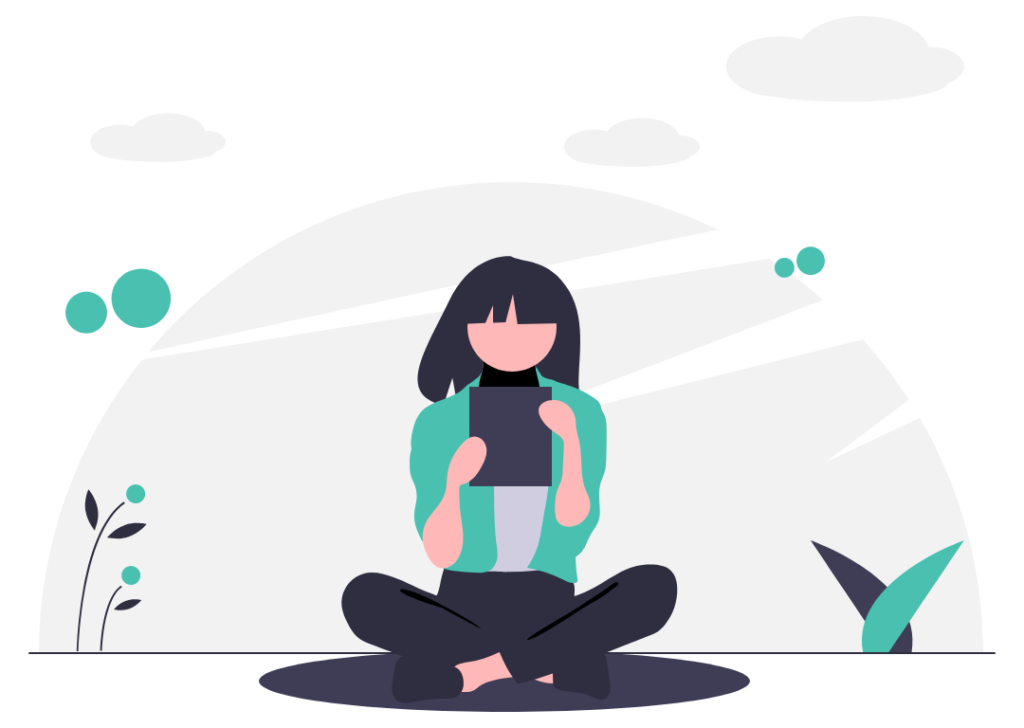
Stay Connected to the Person You Care For
Frances was enjoying life full of her favorite hobbies while living in Oahu, Hawaii when her mother was diagnosed with Alzheimer's.

Elizabeth-Leigh was at the peak of her career as a Chief Clinical Officer and enjoying the life she worked hard for when she became a caregiver to her parents. Elizabeth-Leigh recalls the importance of appreciating the funny things, why neglecting her own mental health drove her to a dangerous place, and how she learned to bounce back and become a well-balanced and healthier caregiver. This is Elizabeth-Leigh's story.
As told to Open Caregiving and lightly edited to enhance readability while preserving the author’s voice.
Hi! My name is Elizabeth-Leigh. I am part of the Xennial population. Technically part of Gen X, but on the cusp of the Millennial generation. Which, by the way, is the story of my life. Hanging between two major life influences. I currently claim residency in Connecticut but split my year between Oklahoma (where my parents are) and Connecticut (where my husband and social supports are). See what I mean? Hanging between two major life influences.
I am currently a caregiver for my parents. My mom has had three major medical surgeries and my dad battles with mental health challenges.
I was at the peak of my career as Chief Clinical Officer of a mental health and substance abuse agency, and training for my first triathlon.
I have been a caregiver for various members of my immediate family for a range of needs, including mental health, substance, and age related care. I am the primary caregiver for my immediate family and was part of the caregiving team for my husband’s mother until her passing.
I learned that you have to take advantage of the funny things (like laugh really hard). I remember once after my mom’s open heart surgery; she needed her toenails clipped, and I made the mistake of tackling that task after I finished putting lotion on her legs.
Well, you can imagine what happened. Yep, those toe nail clippers flew right out of my hands and landed clear across the room. My mom and I laughed so hard we could barely contain ourselves. We still laugh at that today.
No matter how good my skills are around things like communication, self-care, and setting boundaries, when you are a caregiver there’s a level of adjustment that is required in every area of your life.
I learned the hard way, there’s a new “normal” when you become a caregiver. It only gets better when you accept that fact, and when you surround yourself with others who can help you make those life adjustments. Especially with learning how to create a healthier, more balanced caregiving experience.
At first, I didn’t take care of myself. I just dealt with one life crisis after another, trying to survive the day. I was yo-yoing between caregiving and trying to keep my life exactly as it was. After all, I loved my life. I had worked very hard to make it exactly the way I wanted it, the way I always dreamed it would be.
Well, after 10 years of caregiving and fighting to keep things “as they were,” my body literally gave out and my own mental health deteriorated so badly. I contemplated suicide. This was never anything I had ever thought about before, and it scared me so much. I knew I needed help right away.
After my search for support left me with no good options, at least none that fit with the way my life had changed, I decided to pull together my education and training as a therapist and devise a recovery structure I now call the Balanced Care system.
It incorporates principles from positive psychology, cognitive behavioral techniques, and a systems orientation. I collaborate with a nutritionist, physical therapist, and spiritual leader to recalibrate the mind, body, and soul to better align with the caregiver’s lifestyle.
I now live a healthier, more balanced, Caregiver Strong life that is still very different from the life I was living pre-caregiving, but it’s immensely purposeful and rewarding in a way I could have never imagined.
Of course, I am 100% biased but I do believe my Balanced Care system program offers caregivers a guided path for learning how to make the necessary life adjustments (rather than just being told to make sure and ask for help or to take care of themselves), so they can care for those they love without having to sacrifice their own health and overall well-being.
However, given my resource won’t be available until 2021 (unless you want our Wellness Planner and do the planning on your own), my advice would be to find something that fits your personality and current needs.
For example, are you an advocate at heart? Look to get involved and connected with the National Alliance for Caregiving, the Caregiver Action Network, or whatever association is connected to the care you are providing.
Are you an introvert? Look for online caregiver support groups.
Are you struggling with uninvolved family members? Do you need an elder attorney? If so, check out the Senior Navigator, The National Academy of Elder Lawyers, or Five Wishes.
Struggling with anticipatory grief? Check out The Compassionate Friends or Good Grief.
The resource that will be invaluable to a caregiver is the resource that fits with them personally, gives them hope and a sense of purpose, and satisfies a need.
It’s just as important to have a plan for your own health and well-being as it is to have a plan for the health and well-being of your loved one.
You are not alone. Upwards of 70% of family caregivers self-report symptoms consistent with major depression and 25-50% of this population report symptoms constant with the clinical diagnosis of major depression. You are not “doing caregiving wrong” if you are struggling with your mental health right now.
And if you are struggling, please utilize the National Caregiver’s Hotline (1-855-227-3640), the National Suicide Prevention Lifeline (1-800-273-8255), or the Crisis Text Line (Text: HELLO to 741741).
Caregiving isn’t something we were meant to “suffer through,” balanced care is possible.
Learn more about Elizabeth-Leigh and the Balanced Care Program at Every Day Caregivers.

Frances was enjoying life full of her favorite hobbies while living in Oahu, Hawaii when her mother was diagnosed with Alzheimer's.

Kathleen is a hospice nurse who finds fulfillment in comforting families in their most difficult days.

Rose and her husband were about to start the business of their dreams when her mom was diagnosed with stage IV cancer.